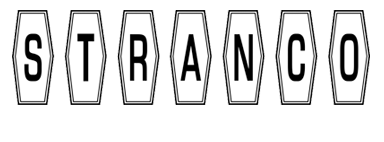Manufacturers rely on their measuring devices to maintain the integrity of their products. However, the accuracy of these devices can degrade over time due to general wear and tear, mechanical problems or improper use. This downgrade in materials can lead to product quality assurance problems, federal compliance issues and unmet customer expectations.
To ensure that these devices continue to perform, manufacturers use calibration processes to compare the standard measurement to the measurement gained through the calibration instrument. This reading will determine the accuracy ratio, which hopefully will meet the standards set by the organization or general industry.
Why is calibration important for manufacturers?
The reasons manufacturers will test their measuring devices are due to periodic company checks, the product manufacturer's recommendation and after any electric or mechanical malfunctioning. Product visibility in manufacturing is essential, which is why calibration should be a top priority for most employers. Employers calibrate their devices to maintain product quality and consistency, this way, they will continue to meet and exceed their customers' expectations.
"Product defects are a concern for most manufacturers."
Calibration eliminates excess costs from manufacturing errors
Production defects or other problems are a significant area of concern for most manufacturers. Even the smallest measurement errors, such as the temperature reading being slightly off for a specific material, could cause an entire product to fail or for certain pieces to be improperly set. If these mistakes are made, the entire manufacturing process will have to restart and parts will have to be remade.
Anytime this occurs, this costs manufacturers time and resources. Even worse, if workers or machines do not check product defects before manufacturers ship them off to consumers, this situation may cost employers valuable client relationships. Coupled with the loss of customers, they could suffer a hit to their brands' reputation as well.
How does accurate labeling improve calibration processes?
Manufacturers use calibration labels to showcase when and who calibrated their devices. These workers may also include relevant details regarding due dates for the next calibration process. As labeling is so crucial for maintaining calibration effectiveness, manufacturers should use labels that are durable enough to withstand manufacturing environments. After all, if a label is not easily legible, workers could make a mistake and not calibrate a device at the correct time, which could lead to manufacturing or errors.
At Stranco, we offer a wide selection of high-quality calibration labels for manufacturers that need to find the right labeling application for their calibration processes. Our labels are available in three different materials (TC Series, TCSL series and QC Series) to meet a variety of labeling needs. Manufacturers who do not see the exact label or color of their choice should contact one of our representatives today to hear about our custom label solution options.

